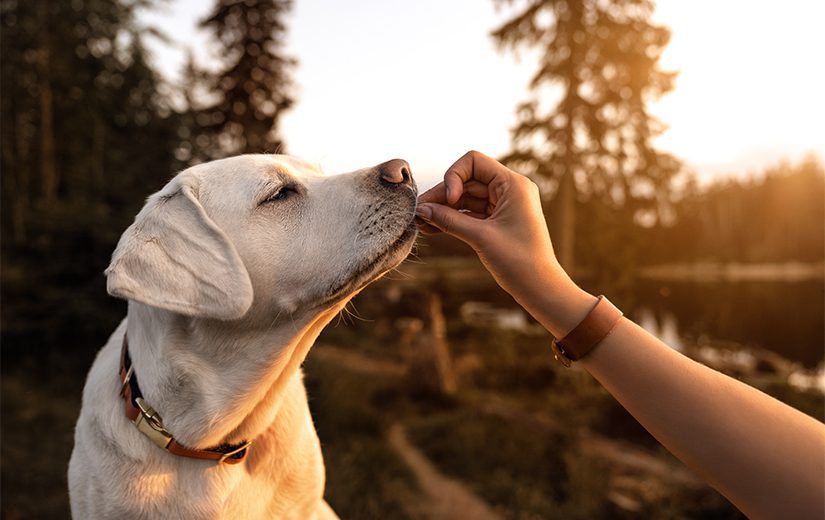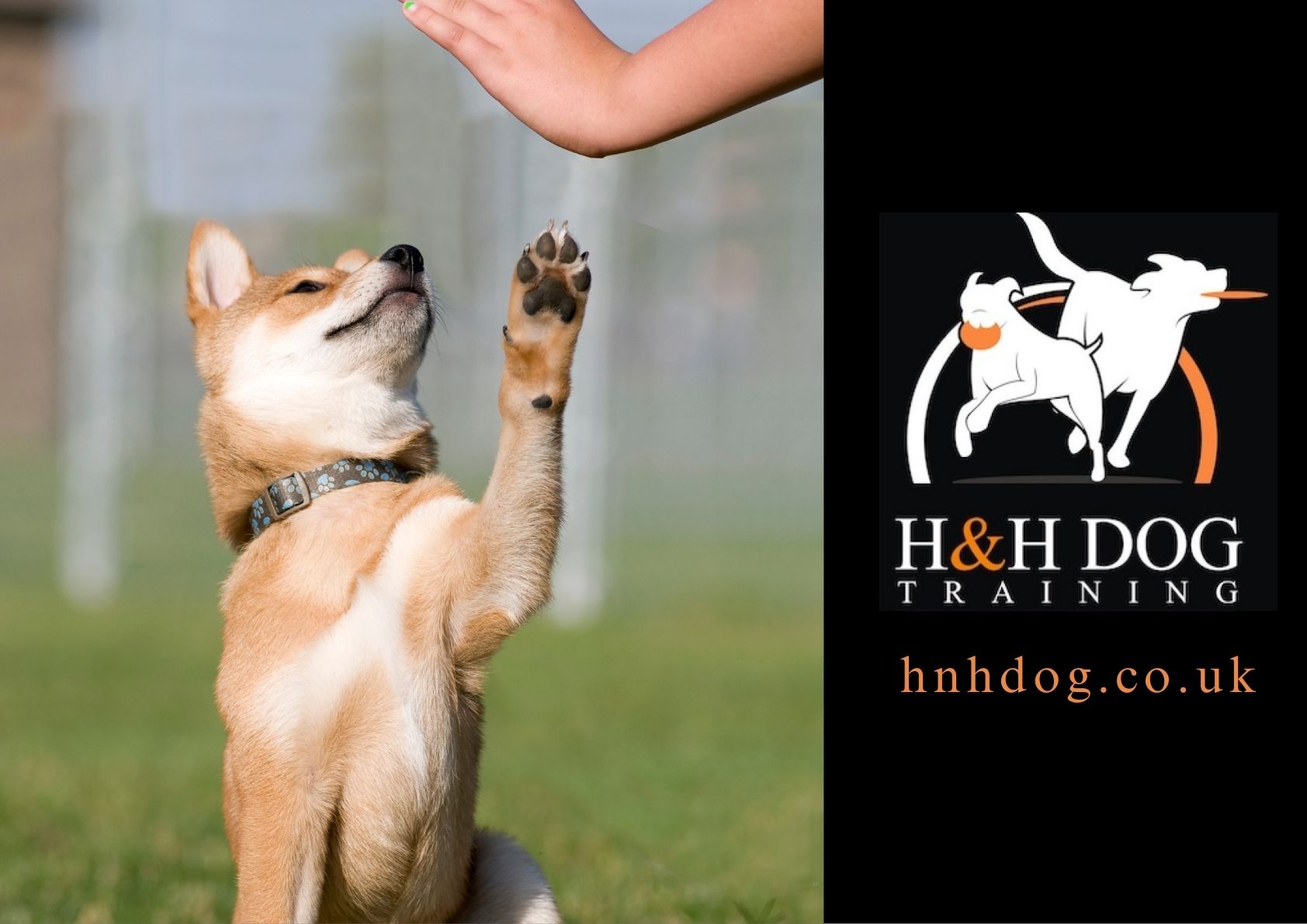The Ultimate Overview to Pet Dog Training: Transform Your Family pet's Habits
Efficient dog training is essential for fostering an unified connection between pet dogs and their proprietors. The intricacies of canine behavior and the execution of structured training techniques play a critical function in this process. By understanding the concepts of positive support, consistency, and socialization, pet proprietors can navigate usual difficulties that emerge throughout training. This guide not just aims to furnish you with the required tools to change your pet dog's behavior however also invites you to discover exactly how these foundational concepts can result in a deeper connection with your family pet. What may be the initial step in this transformative trip?
Understanding Pet Behavior
Understanding canine habits is important for efficient training and an unified partnership between canines and their owners. A canine's behavior is affected by a combination of genetics, environment, and experiences. Dog training. Acknowledging these aspects permits proprietors to customize their training approaches to fulfill the private requirements of their pet dogs
Pets connect largely through body language, vocalizations, and faces. A wagging tail can suggest enjoyment or happiness, while a tucked tail may signify fear or entry. Observing these cues makes it possible for proprietors to react suitably, strengthening favorable actions and dealing with unfavorable ones successfully.
Furthermore, understanding the social framework of canines can provide understandings into their actions. Dogs are pack pets, and they flourish in an organized environment. Establishing regular guidelines and clear borders can avoid confusion and advertise a complacency.
Moreover, identifying the natural instincts of pets, such as need to chase after or dig, is vital. These impulses can be rerouted with proper electrical outlets, such as play or exercise. By adequately recognizing these behavior aspects, owners can promote a favorable training experience, ultimately causing a well-adjusted and obedient canine buddy.
Necessary Educating Techniques
Efficient canine training counts on a variety of essential strategies that can dramatically improve the understanding process for both the canine and the proprietor. One essential method declares support, which entails fulfilling desirable behaviors with treats, praise, or playtime. This method encourages pets to duplicate the actions that bring about favorable outcomes, promoting a trusting connection between the animal and owner.
Another secret method is uniformity in expectations and commands. Using the exact same verbal cues and hand signals helps the dog understand what is called for, reducing complication and advertising quicker understanding. In addition, developing clear boundaries and guidelines is important for efficient communication.
Socialization is additionally a crucial part of training. Revealing pet dogs to different environments, individuals, and other animals helps them create ideal social abilities and decreases stress and anxiety in strange situations.
Lastly, patience and timing are crucial. Educating sessions need to be brief yet regular, guaranteeing that the pet stays engaged and responsive. By employing these necessary methods, proprietors can produce a favorable and organized training experience that promotes etiquette and enhances the bond with their canine companions.
Developing a Training Schedule
Just how can a well-structured training schedule improve a dog's discovering experience? A training schedule gives consistency, making certain that canines obtain regular, concentrated instruction. This predictability assists pets comprehend what is anticipated of them, strengthening their knowing and allowing for much better retention of commands and actions.
When producing a training timetable, it is important to consider the pet dog's age, type, and individual character. Youthful puppies may gain from much shorter, more frequent sessions, while adult pet dogs might love longer, less regular training periods. Including a variety of activities can likewise maintain the sessions involving, preventing boredom and advertising interest for understanding.
Additionally, organizing training sessions at details times of the day can help solidify a routine. Combining training with everyday strolls or play can create a favorable association with discovering. It is also important to include time for support, such as treats or appreciation, to reward desired behaviors without delay.
Lastly, adaptability is key. While uniformity is vital, being versatile to the canine's mood or energy level can boost their discovering experience. A well-crafted training timetable eventually lays the foundation for effective communication and a stronger bond in between read this the canine and owner.
Usual Training Challenges
Despite having a well-structured training timetable, pet proprietors usually encounter different challenges during the training procedure. One common concern is inconsistency in commands and signs. When numerous member of the family use various terms or tones, a pet dog might end up being confused, impeding its ability to learn efficiently.
An additional regular challenge is diversion. Dog training. Pets are check here naturally interested creatures, and exterior stimulations such as other pets, sounds, or people can divert their interest throughout training sessions. This calls for owners to produce a regulated atmosphere or progressively present interruptions to strengthen emphasis
In addition, differing energy levels can affect training end results. High-energy pets may battle to calm down and focus, while much more laid-back breeds may require added inspiration to engage. Tailoring the training approach to fit the individual pet's temperament is crucial for success.

Structure a Solid Bond
A solid bond between a canine and its owner is crucial for successful training and overall health. Dog training. This relationship fosters trust fund, which is important for reliable communication during the training procedure. When a canine really feels connected and safe and secure to its proprietor, it is most likely to react favorably to signs and commands
To construct this bond, consistency is vital. Developing a routine that consists of regular feeding, exercise, and my explanation training sessions aids develop a sense of security. Furthermore, positive support techniques, such as deals with, praise, and play, reinforce preferred behaviors while enhancing the emotional link.
Socializing is one more vital aspect of bond-building. Subjecting your pet to different atmospheres, people, and various other animals aids them really feel more comfy and confident, boosting the bond with their proprietor. Engaging in tasks with each other, such as strolling, playing bring, or taking part in obedience training, advertises teamwork and common pleasure.
Verdict

Understanding canine actions is vital for efficient training and a harmonious relationship between canines and their owners.Efficient pet dog training relies on a variety of important strategies that can considerably boost the understanding procedure for both the canine and the owner.Regardless of having a well-structured training schedule, pet dog proprietors typically experience different challenges throughout the training process.In conclusion, effective pet dog training depends on a comprehensive understanding of canine habits, the application of essential methods, and the establishment of a structured training routine. By highlighting favorable support and uniformity, pet proprietors can substantially boost their animals' behavior, inevitably making certain a harmonious partnership and advertising the wellness of both the dog and its environment.